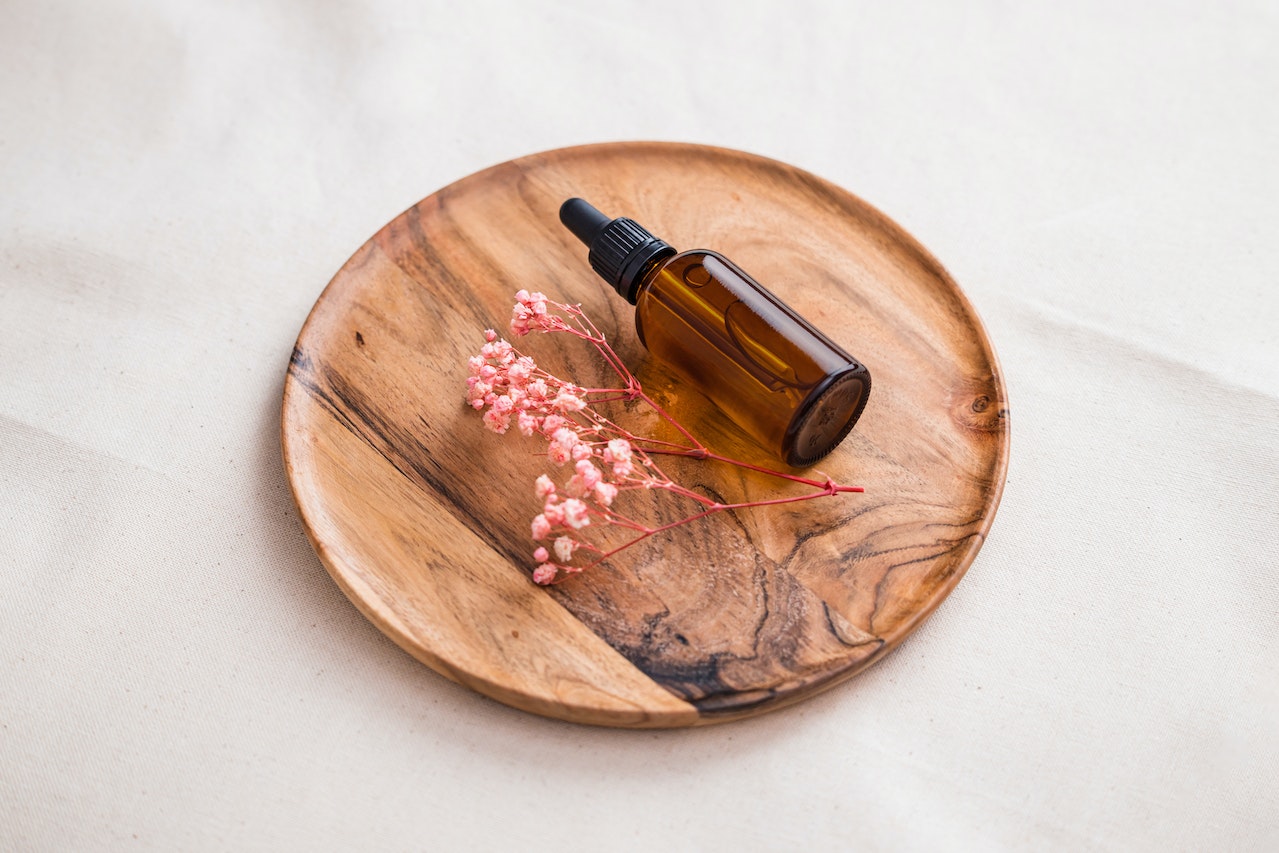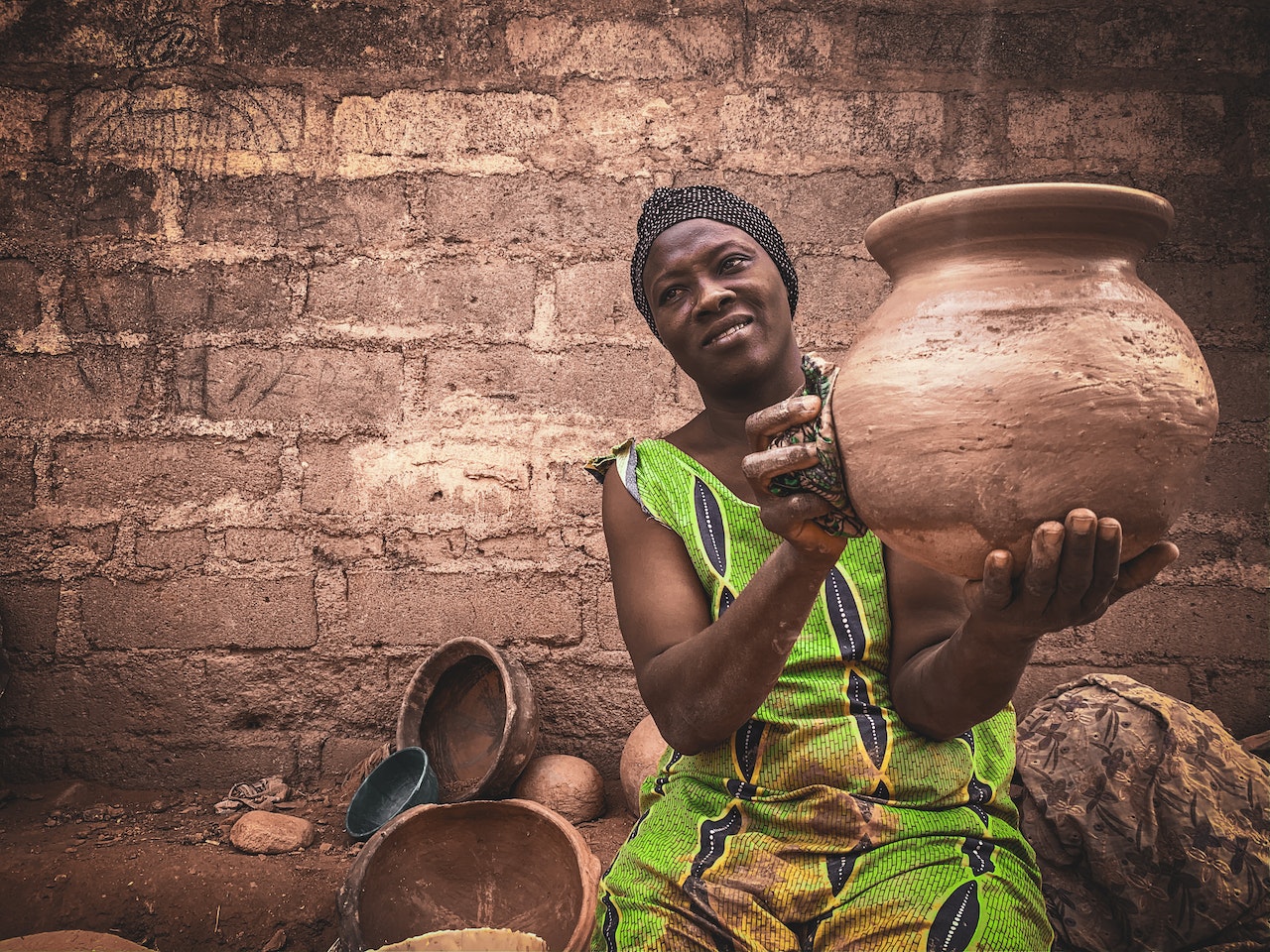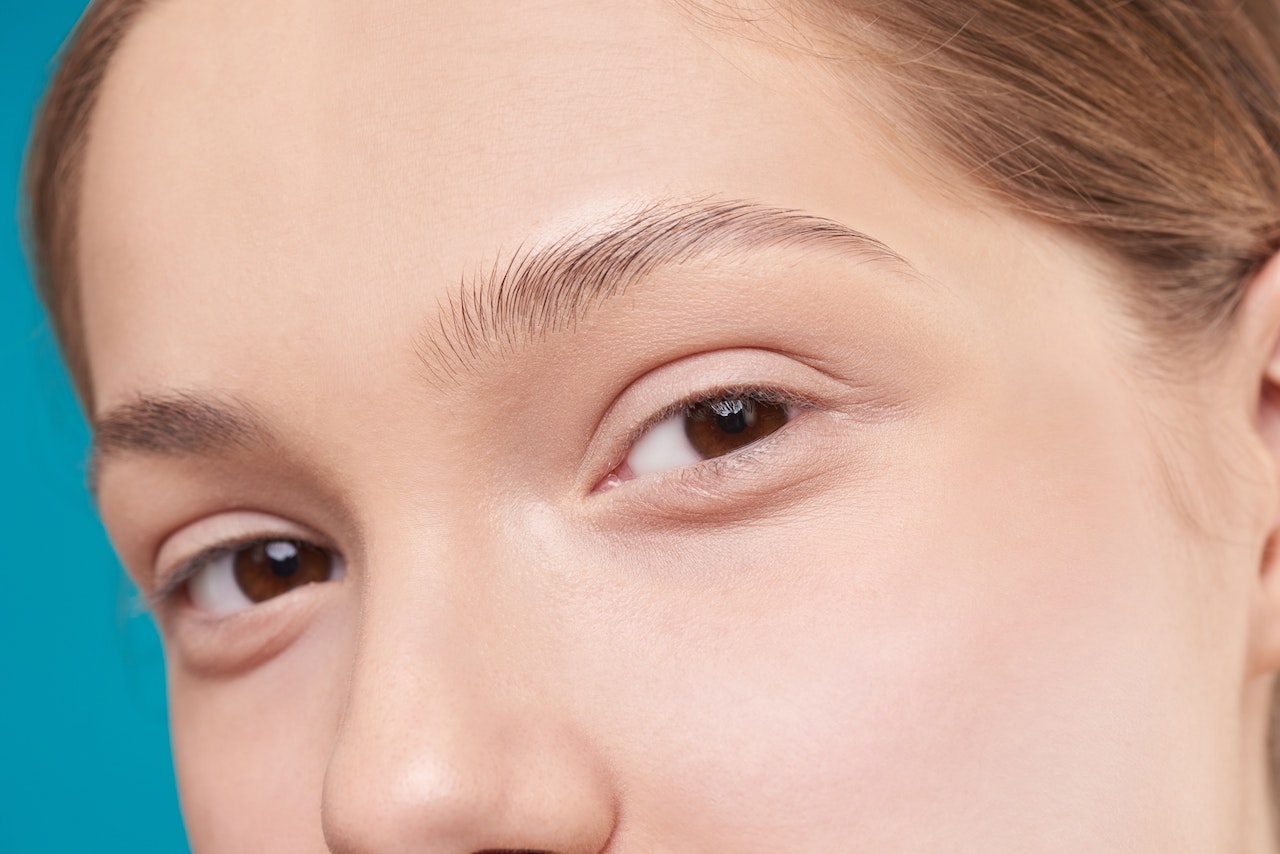
Does Facial Oil Block Your Pores?
Facial oil is a skincare product that claims a whole slew of benefits. People have claimed to have glowing, dewy skin thanks to its use of it. But when you’re someone who’s already on the side of oily and acne-prone, it seems like a huge no-no.
But is that entirely true? Are there some oils that actually can be good for those with oily or acne-prone skin without sending your skin into a tailspin?
Today, we’re looking at the pros and cons of using facial oil in a skincare routine, and if it’s ultimately the right choice for you.
What Does Facial Oil Do?

When it comes to having oil in your skin, it’s there to help keep your skin in balance. Believe it or not, oil can be amazing for your skin! That’s because oil stops your skin from losing water. Your skin needs both oil and water to look its best.
As you get older, your skin's protective barrier starts to break down. This means that your skin may start to dry out and lose its ability to hold water more effectively.
That’s why having oily skin can make you look youthful for a longer time and slow the aging process. Although oil may not be fun, it’s very effective at holding in water. The water content of your skin is what makes your skin look plump and juicy. It also keeps fine lines from showing up prematurely.
On top of holding hydration in the skin, face oils work to hold the other ingredients of your routine in your skin as well. Some are even formulated for oily and acne-prone skin. So there’s something out there for everyone.
Wait, Facial Oil Can Be For Acne-Prone Skin?

Yes! However, it’s important to keep a couple of things to consider before you run off to get some. Not all oils are created equally. Some oils will still clog your pores. It comes down to the ingredients within the facial oil and how comedogenic the oil is.
Comedogenic means the probability an oil has of clogging your pores. Coconut oil and cocoa butter have a high comedogenic score. Meaning, that if you’re acne-prone, you should avoid them at all costs. However, argan oil doesn’t.
If you decide to add facial oil to your skincare routine, look for an oil that has non-comedogenic properties.
Since facial oil comes in a small bottle, you don’t have to use a lot of it. Make sure to only use a few drops at a time after you finish your skincare routine as the last step. That way, your skin can soak in the benefits.
As a skincare tip, spray your skin to moisten it before adding your oil. It helps your skincare’s nutrients and oil absorb better. Your complexion will look dewy and glowing for longer.
We have two that we’re in love with. Our Clarifying Hydration Dew and our Opulent Hydration Dew. Both of these products serve to hydrate your skin and prepare it for maximum absorption.
The Clarifying Hydration Dew actively works to balance the oil in your skin. If you find yourself battling acne, this product may become your new best friend. It helps soothe inflammation and redness, providing your skin with a boost of needed nourishment.
The Opulent Hydration Dew is for those who are looking to add anti-aging benefits to their skincare routine. It provides intense nourishment and illuminates dull skin to give you that youthful glow.
Using these sprays before adding your facial oil may give you amazing results.
What Can I Use Instead of Facial Oil?
If you’re still feeling unsure about facial oil because you have an oily or breakout-prone skin type, we recommend checking out our serums. We’re a little biased, but we made them for your skin type. Anyone who has acne-prone or oily skin knows how careful we have to be about what we use on it.
With Averr Aglow’s products, we take out all the guesswork and research. You can use our products worry-free. Our serums can improve your skin and prevent future breakouts from occurring.
Our Perfectionist Overnight Serum is a powerful addition to your skincare routine thanks to kukui seed oil, black cumin seed oil, and hemp seed oil.
- Kukui seed oil is vital for healing breakouts and moisturizing skin without feeling oily.
- Black cumin seed oil is powerful because it’s anti-inflammatory, antibacterial, and anti-aging. Firming and regenerative, it’s known to lessen the chance of scars developing.
- Hemp seed oil regulates oil production and acts as a powerful anti-inflammatory while encouraging skin regeneration.
There’s also our Essential Renewing Serum. This was made with aging skin in mind and works to give you that youthful glow. The main oils that make this serum so effective are goji berry seed oil, elderberry seed oil, and chia oil.
- Goji berry contains high levels of vitamin C and amino acids that encourage skin regeneration while fighting free radicals.
- Elderberry seed oil contains powerful antioxidants that protect against cell damage and promote elasticity in the skin tissues.
- Chia seed oil is rich in omegas which makes it an excellent moisturizer.
You never have to worry about our products clogging your pores. They’re formulated for acne-prone skin. And best of all, they’re all-natural, vegan, and always cruelty-free. You may notice dramatic results in as little as three weeks, though most have seen them in 4 to 6 weeks.
The Takeaway
It isn’t necessarily bad to add facial oil to your routine. Even if you have oily or acne-prone skin, you could get the results that everyone talks about. But, if you decide that you want to try it, make sure you look for non-comedogenic oils to avoid blocking your pores.
No need for FOMO, though! You can still get luminous, dewy, clear skin without using facial oil.
It isn’t a must-have if you decide to skip this skincare step. And there are plenty of other ways to get the results that you’re looking for. Head over to our shop to check out products made for acne-prone skin.





